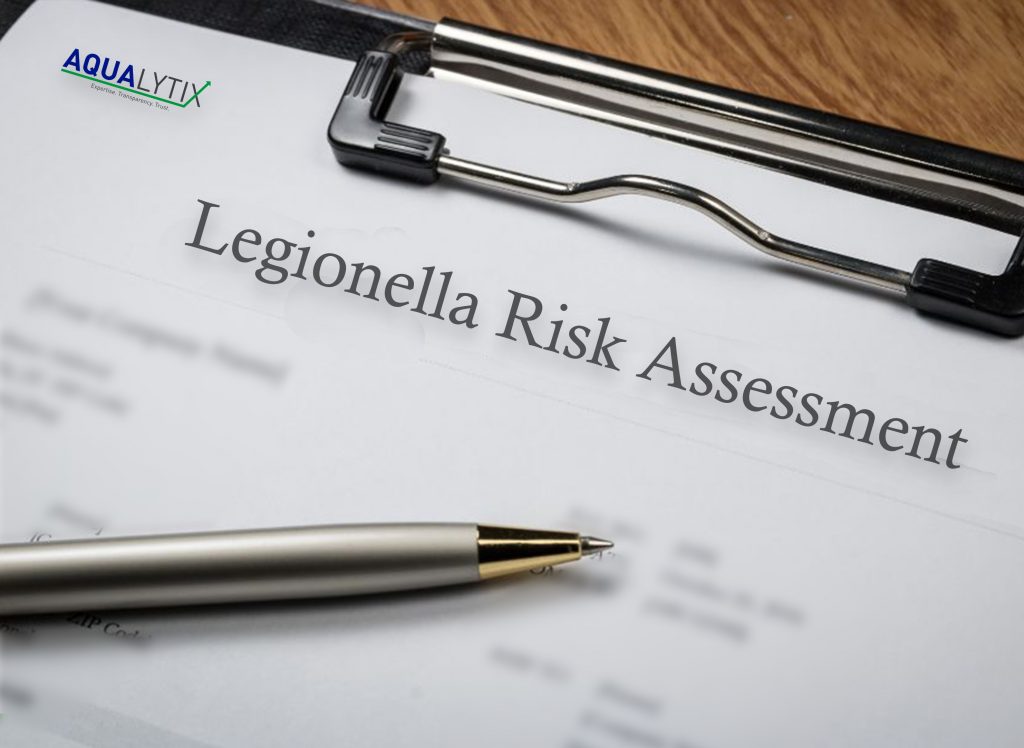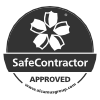How Often Should My Legionella Risk Assessment Be Reviewed?
Continuing on our Legionella Risk Assessment series. Last time we took a ‘deep dive’ into the competence which should be expected of a risk assessor as well as proportionality in assessing large portfolios of similar building stock. In this article we will be taking a look at the guidance around completing Legionella risk assessment reviews. In our experience it’s not uncommon for ‘end users’ to ask the question- When should I review an existing Legionella risk assessment? Its not uncommon to hear very different opinions on this matter but fortunately there are a number of excellent information sources which can be consulted on when a risk assessment should be reviewed.

Author
The article was written by Kris Rowland, our Head of Technical, Training and Compliance. Kris has more than 20 years of experience in the industry and is responsible for monitoring our clients’ compliance with the assets we manage on their behalf using ZetaSafe, our bespoke compliance monitoring tool.
Sign up to our newsletter
Keep up to date with the world of water treatment
The Approved Code of Practice and Guidance for Legionella Risk Assessments
Firstly, there is no arbitrary figure which can be applied to all water systems on when they should be reviewed, logically this makes total sense as all water systems vary in size and complexity and thus pose varying levels of risk. So if an arbitrary figure or frequency cannot be applied then what should trigger a review? Both ACOP L8 and BS8580-1:2019 give multiple scenarios to when a review may be necessary, they include but are not limited to:-
- Changes to the water system or it's use
- Changes to the use of the building or part of the building in which the system is installed
- Changes to the availability of information about risks or control measures
- Indications that control measures are no longer effective
- Changes in any of the following factors: - Contamination, amplification, transmission, exposure and susceptibility of individuals exposed
- New construction works or system modifications planned
- Changes to key personnel, contractors and service providers
Its easy to get a bit lost in the complexity of the above as each of those brief bullet points cover wide ranging scenarios but simply put the assessment should be reviewed when ‘something’ changes. However, what does a building operator / owner do when none of the above scenarios happen, can the assessment be left dormant for long periods of time? Well of course the answer is no. The British Standard for Legionella risk assessment BS8580-1:2019 makes the point that where the reassessment of the existing assessment is not triggered by the above then a policy a ‘planned reassessment’ should be identified and documented and this frequency should be based on risk. Logically then a water system with a higher inherent risk (which can be as a result of water system complexity and where changes have been ‘poorly documented’) should be reassessed more frequently than those systems which have a lower inherent risk (simple water systems where changes have been well documented), that reassessment frequency could be with adequate justification anywhere from annually to five yearly. The key to choosing the correct reassessment frequency will be the ‘adequate justification’, what evidence did you base your decision on? Is it robust evidence or as I like to use the expression ‘a wet finger in the air’?
Legionella Risk Assessments Cost VS Risk
Over time a frequent rationale heard from building owners / operators is that of financial cost, ‘well as a business we can only afford to reassess every two years’– but is that a sufficient rationale, is financial cost a suitable justification? Well I think we all know the clear answer is no, but what principle can we use to arrive at that conclusion? The HSE use two acronyms which can help those with legal duties under the Health and Safety at Work Act to decide whether risk outweighs cost, those being:-
- 'ALARP' (As low as reasonably practicable)
- 'SFAIRP' (So far as is reasonably practicable)
The Responsibility Of The Duty Holder
In essence both these terms describe the same thing and cover the principle of what is ‘reasonably practicable’ which is a weighing of quantifiable risk against the cost (in terms of financial, time or difficulty) of controlling that risk, in a legal setting the duty holder must clearly show that the cost outweighs the benefit. The HSE give the example that ‘to spend £1m to prevent five staff suffering bruised knees is obviously grossly disproportionate; but to spend £1m to prevent a major explosion capable of killing 150 people is obviously proportionate.’ -but what does that mean for Legionella control? Well, is justifiable to neglect the completion or review of a Legionella risk assessment which could ultimately result in a case, cluster or outbreak of illness amongst employees and members of the public on the basis of what in all likelihood would be a minimal financial cost to most businesses?
That is an answer only individual duty holders can make but it is essential that they have a clear rationale for their ultimate decision as they may need to defend that decision should the worst happen.

Don't Wait Until It's Too Late...
Are you currently reviewing an existing Legionella risk assessment? Worried that your risk assessment may no longer be up to date? Get control of the situation and benefit from having a Risk Assessment that is impartial and accurately reflects the environment at your site. We use independent, competent consultants who are trained in Legionella risk assessments to ensure the most comprehensive protection for your organisation. Don’t wait until it’s too late – secure your organisation with a professional Legionella Risk Assessment from our team of experts today!










